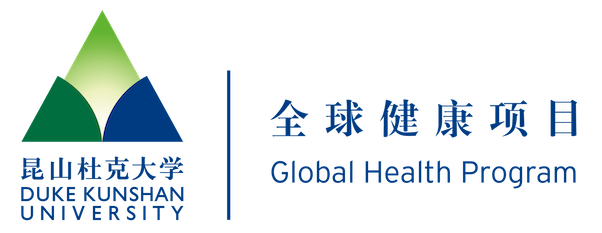On September 29, the second “This is Global Health” Symposium Series of the 2025 Fall Semester, co-hosted by the Global Health Research Center and the Student Career Development Office, was successfully concluded.
This session focused on career development in international organizations, featuring Dr. Di Dong, Senior Health Economist at the World Bank’s Global Practice for Health, Nutrition, and Population; Professor Shenglan Tang, and Professor Fujie Xu, Co-Directors of DKU’s Global Health Program. Together, they shared their professional journeys for students aspiring to pursue careers in global governance and international organizations.
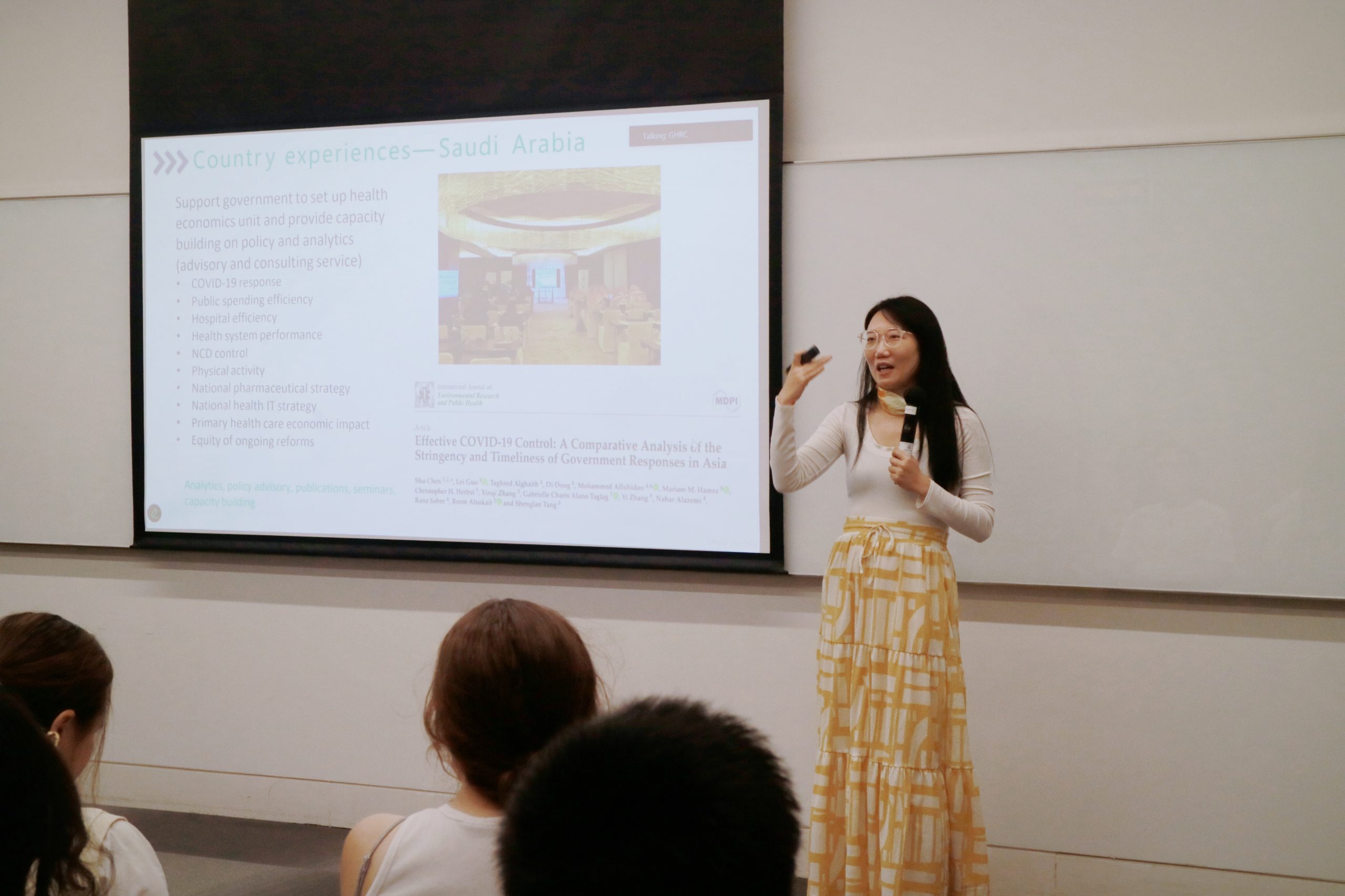
Dr. Di Dong introduced the World Bank
During the event, Dr. Di Dong shared her experiences working at the World Bank, highlighting projects in India, Saudi Arabia, Sierra Leone, and Egypt. She discussed her contributions to tuberculosis elimination programs, health system transformation, and capacity-building initiatives. Dr. Dong also introduced her path into the World Bank through the Young Professionals Program (YPP) and elaborated on the “T-shaped skills framework,” encouraging students to develop both depth in a specialized field and breadth through interdisciplinary experiences to cultivate a well-rounded professional profile.
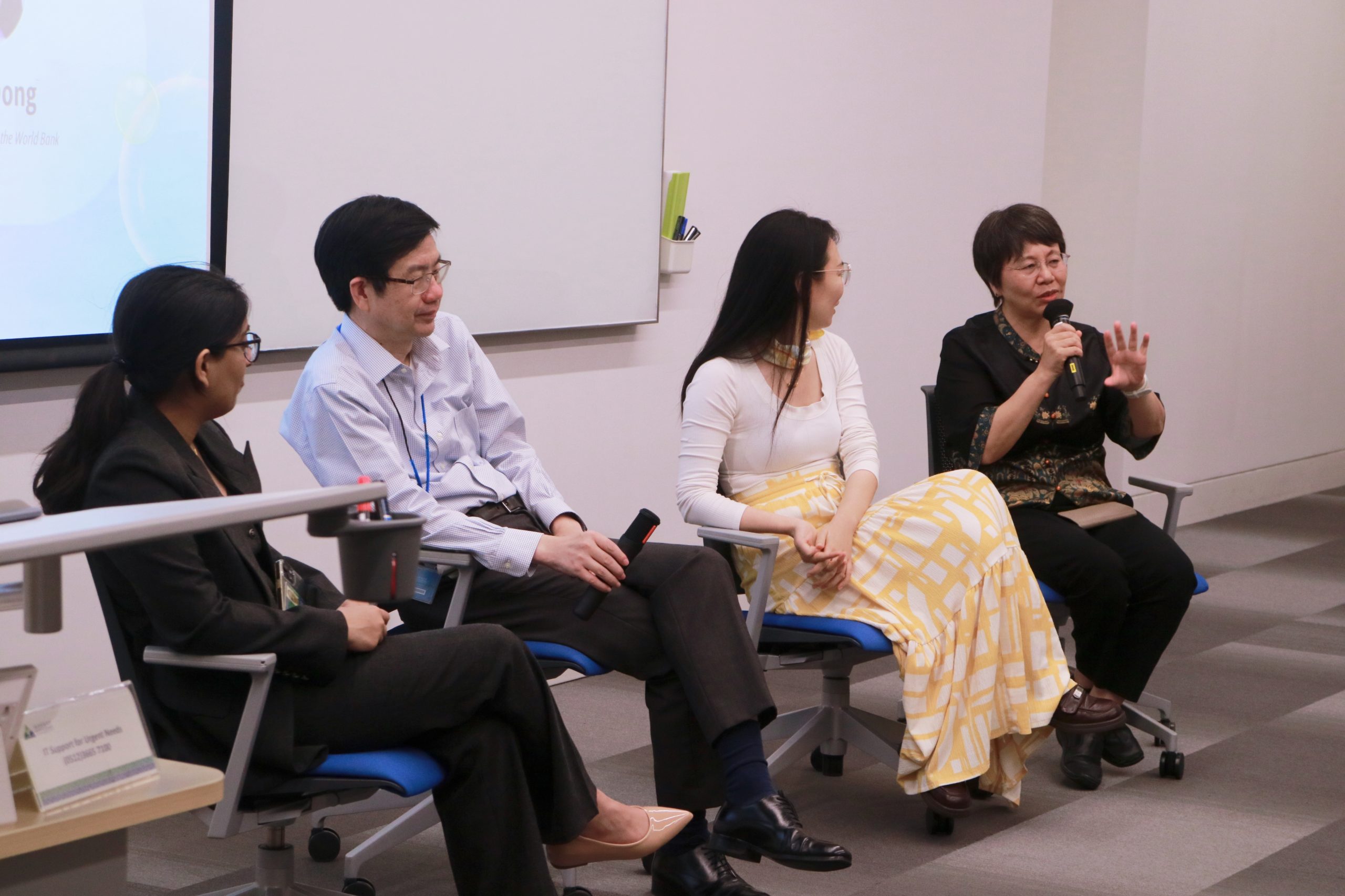
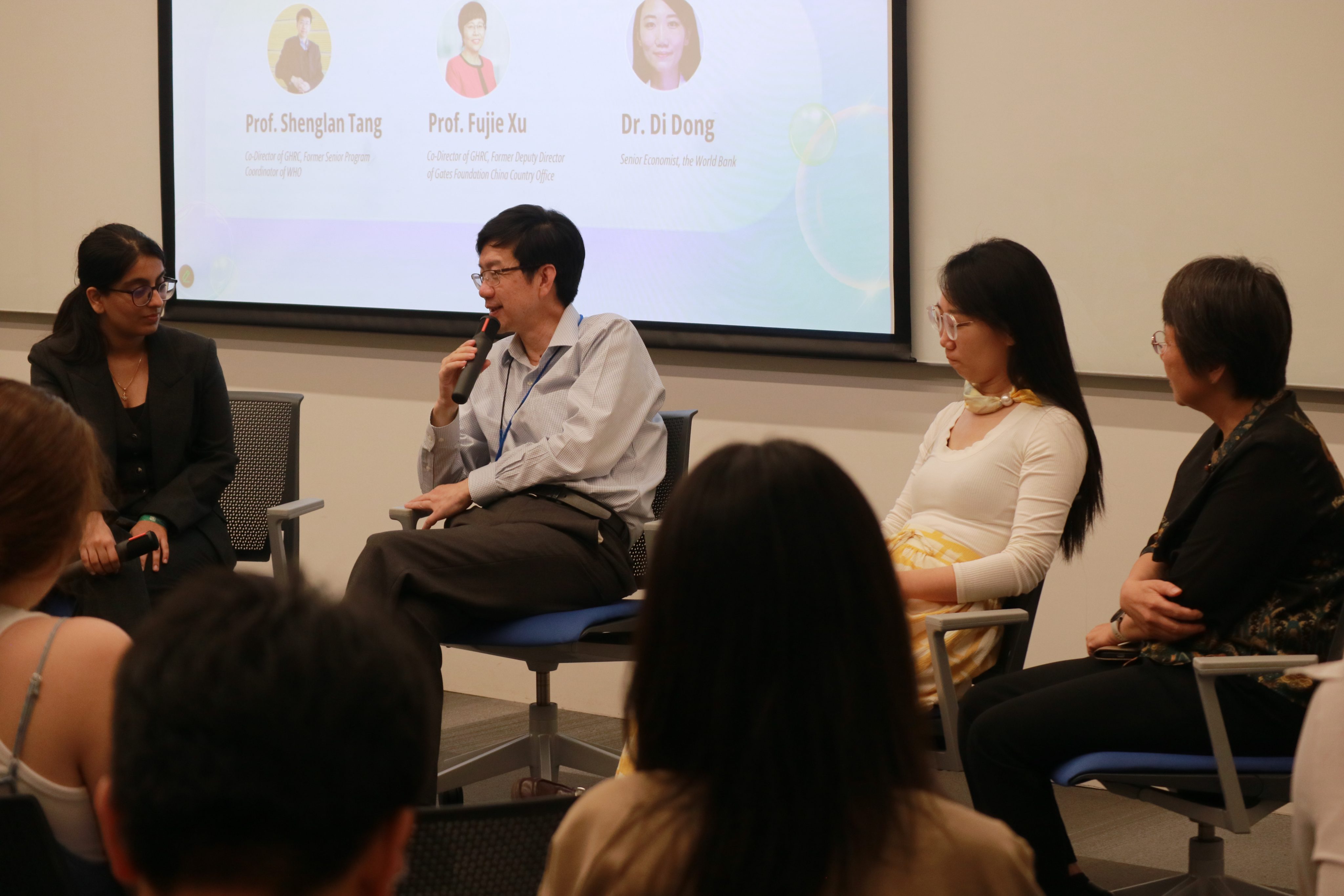
The roundtable discussion, moderated by Somya Jhamb (Class of 2028), President of the DKU Model United Nations Club, brought together Dr. Dong, Professor Tang, and Professor Xu for a multi-dimensional dialogue on career development in international organizations.
Drawing on their diverse professional backgrounds, they covered personal career trajectories, evolving industry demands, and skill development strategies, as well as providing insightful advice for students’ future career planning.
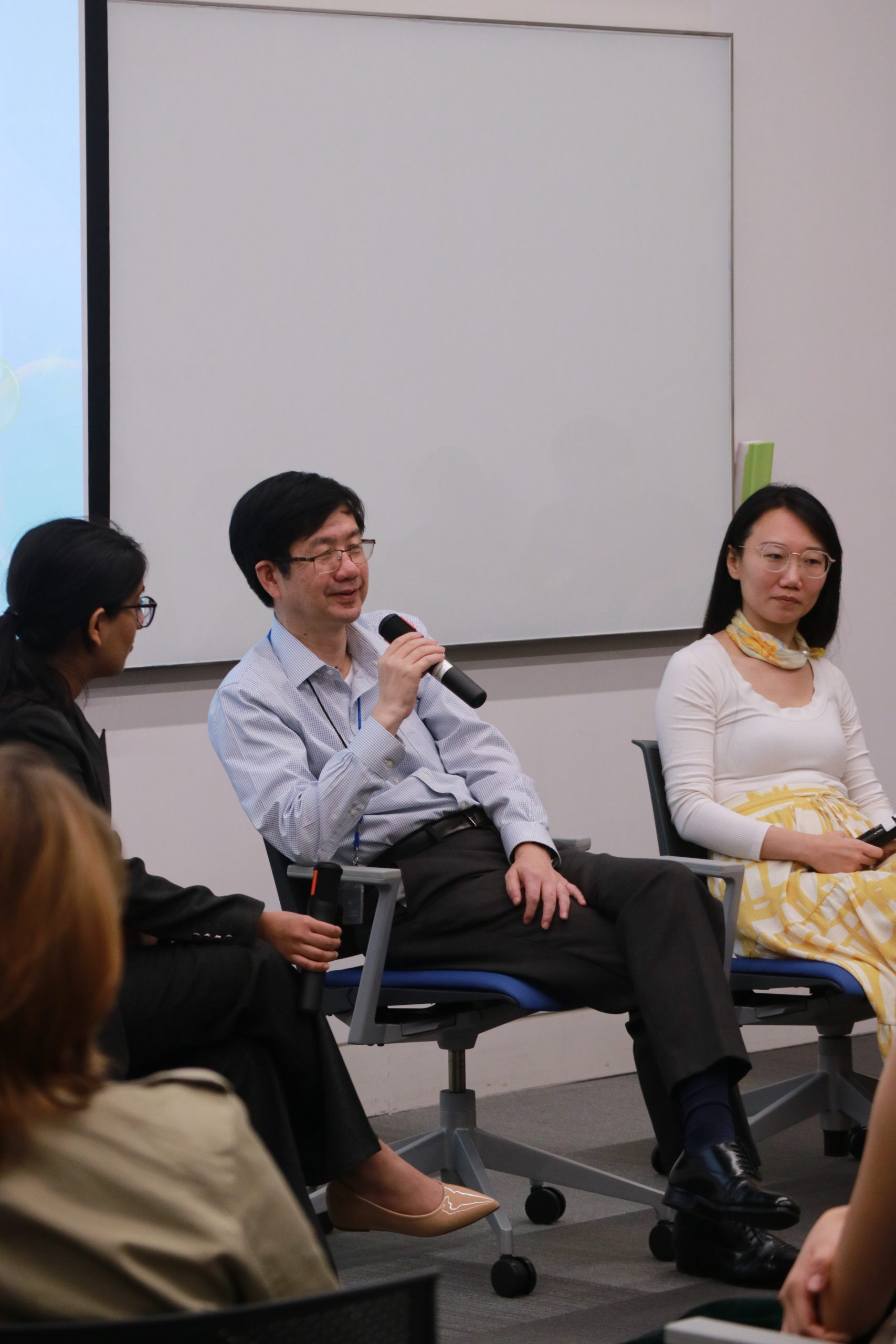
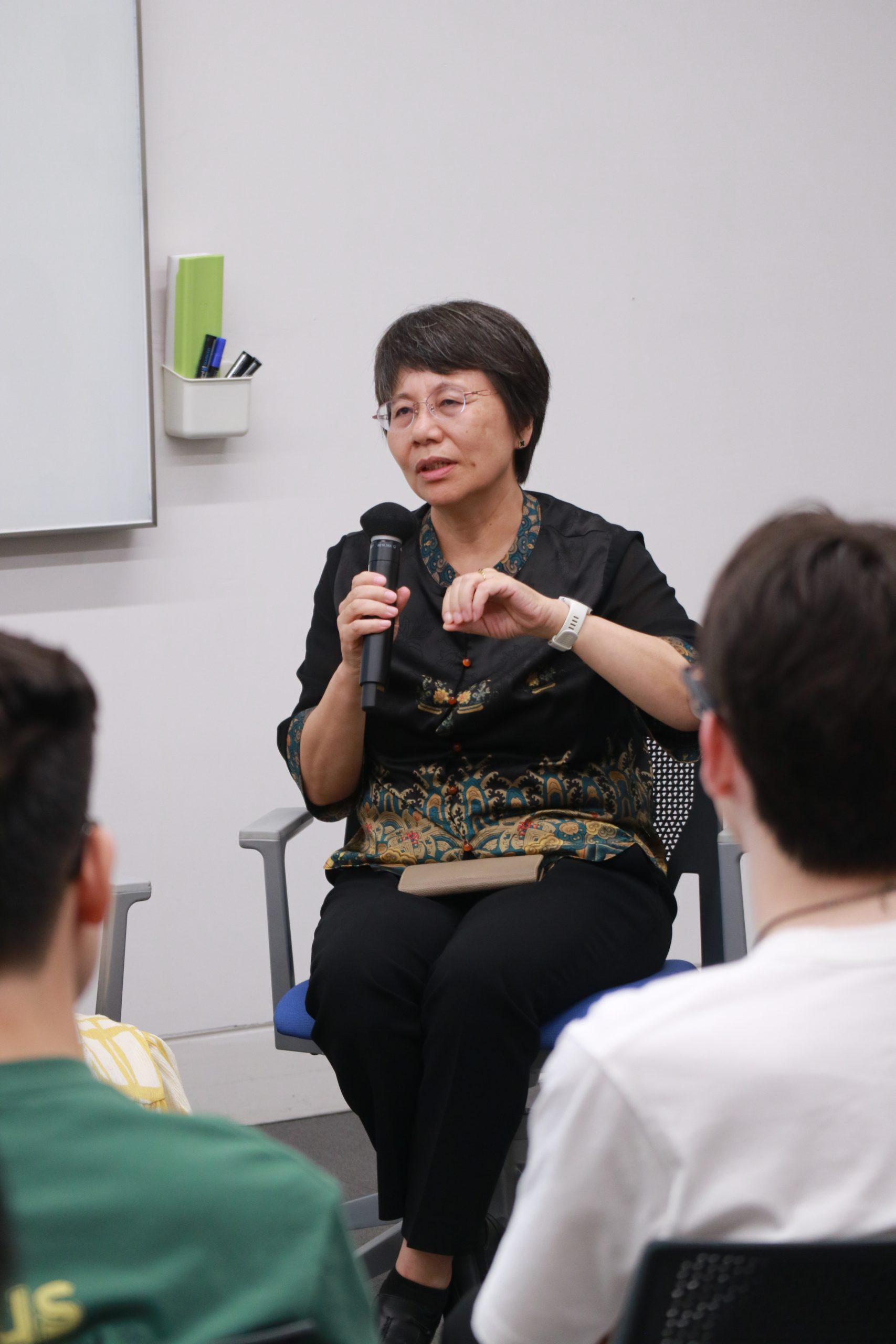
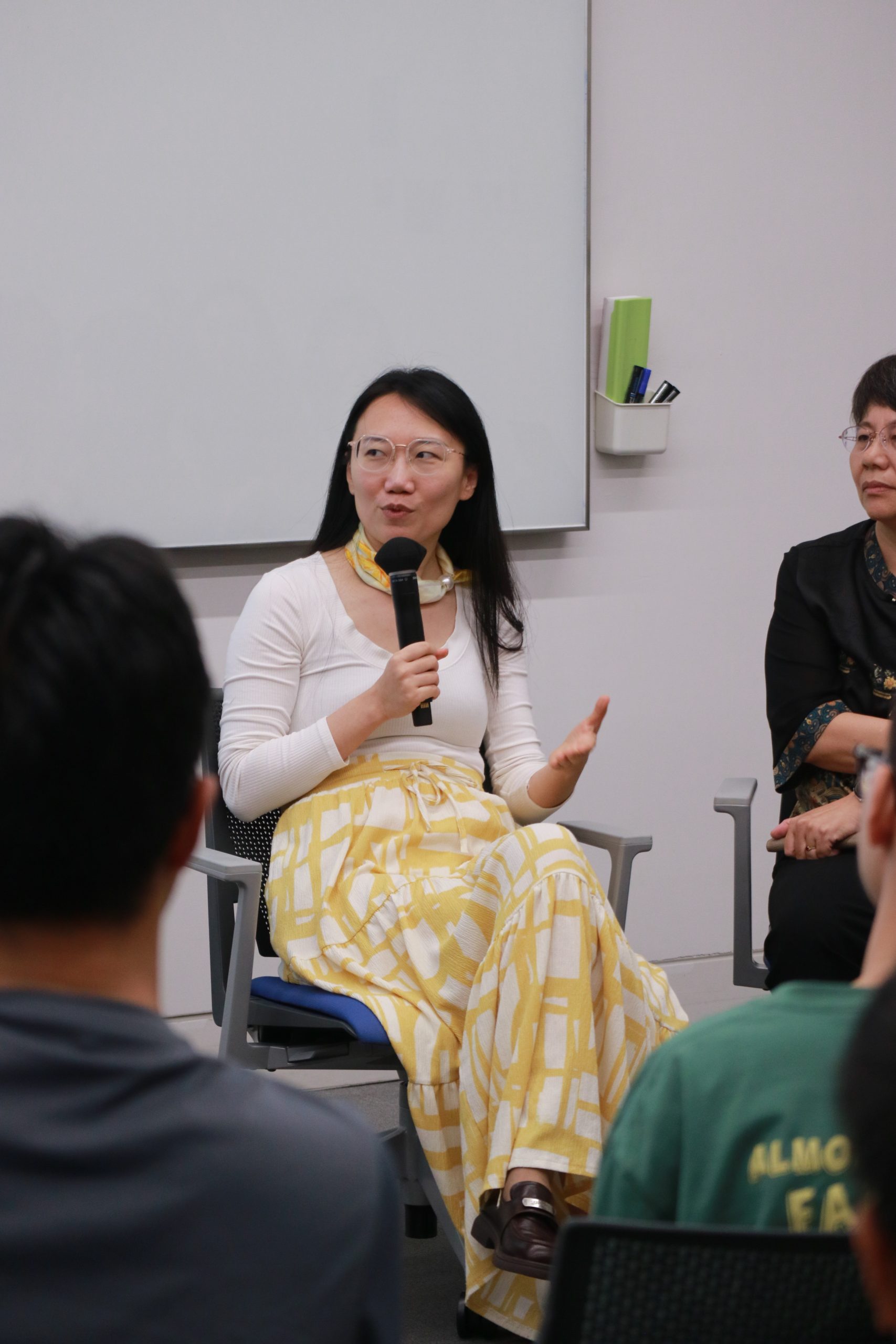
Professor Fujie Xu emphasized that international organizations play a central role in addressing global challenges such as public health crises and climate change — and talent is the key driver of multilateral cooperation. She briefly shared her international career path, starting from the Epidemic Intelligence Service (EIS) program of the U.S. CDC. She encouraged DKU students to be bold when pursuing competitive opportunities, especially urging female students to have confidence and take initiative.
Dr. Di Dong underscored the importance of choosing one’s major based on genuine interest rather than solely on job prospects. She explained that disciplines such as public policy and political science provide broad compatibility and open diverse opportunities across organizations, with public policy being particularly well aligned with roles at institutions like the World Bank.
Di encouraged students to build networks, seek advice proactively, and not fear career shifts when necessary. Dr. Dong also spoke about the value of bridging gaps between degrees and emphasized that finding the right fit in a specific field matters more than following a fixed career path.
When asked about the necessity of pursuing a doctoral degree, Professor Shenglan Tang noted that the value of a Ph.D. lies not only in academic depth but also in the intellectual flexibility it fosters. He highlighted that research and data analysis skills developed during doctoral training can be effectively applied to program design, policy evaluation, and project management within international organizations. Professor Tang also reminded students that a career in international organizations is not a “single, linear path” — with diverse skills and cross-sector experience, professionals can navigate and grow across multiple fields and institutions.
The speakers’ insights addressed not only the practical questions of “how to enter international organizations” but also the deeper challenges of “how to sustain a long-term international career.”
Their guidance offered DKU students and faculty a comprehensive roadmap — from goal setting to skill development — for pursuing meaningful careers on the global stage.
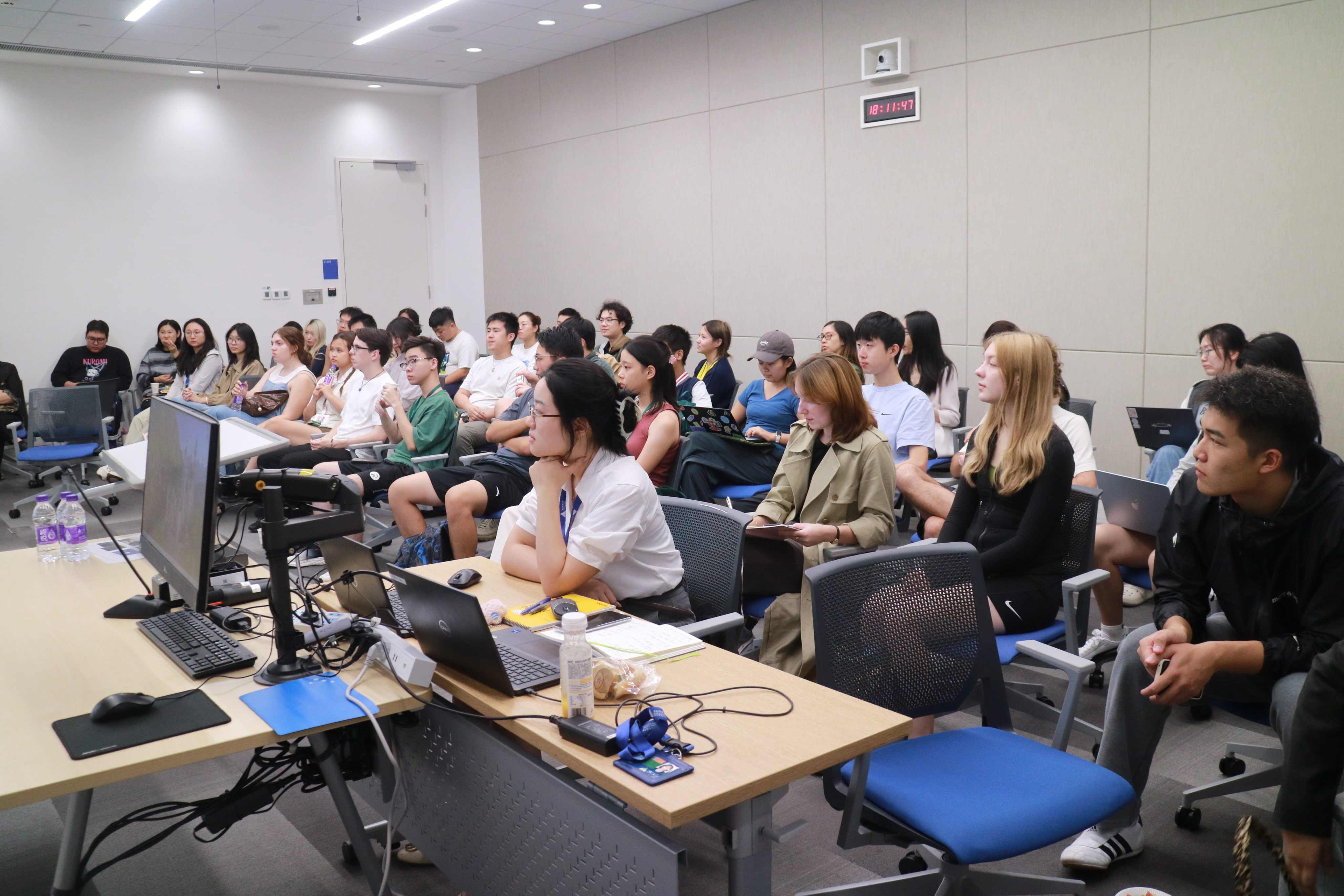
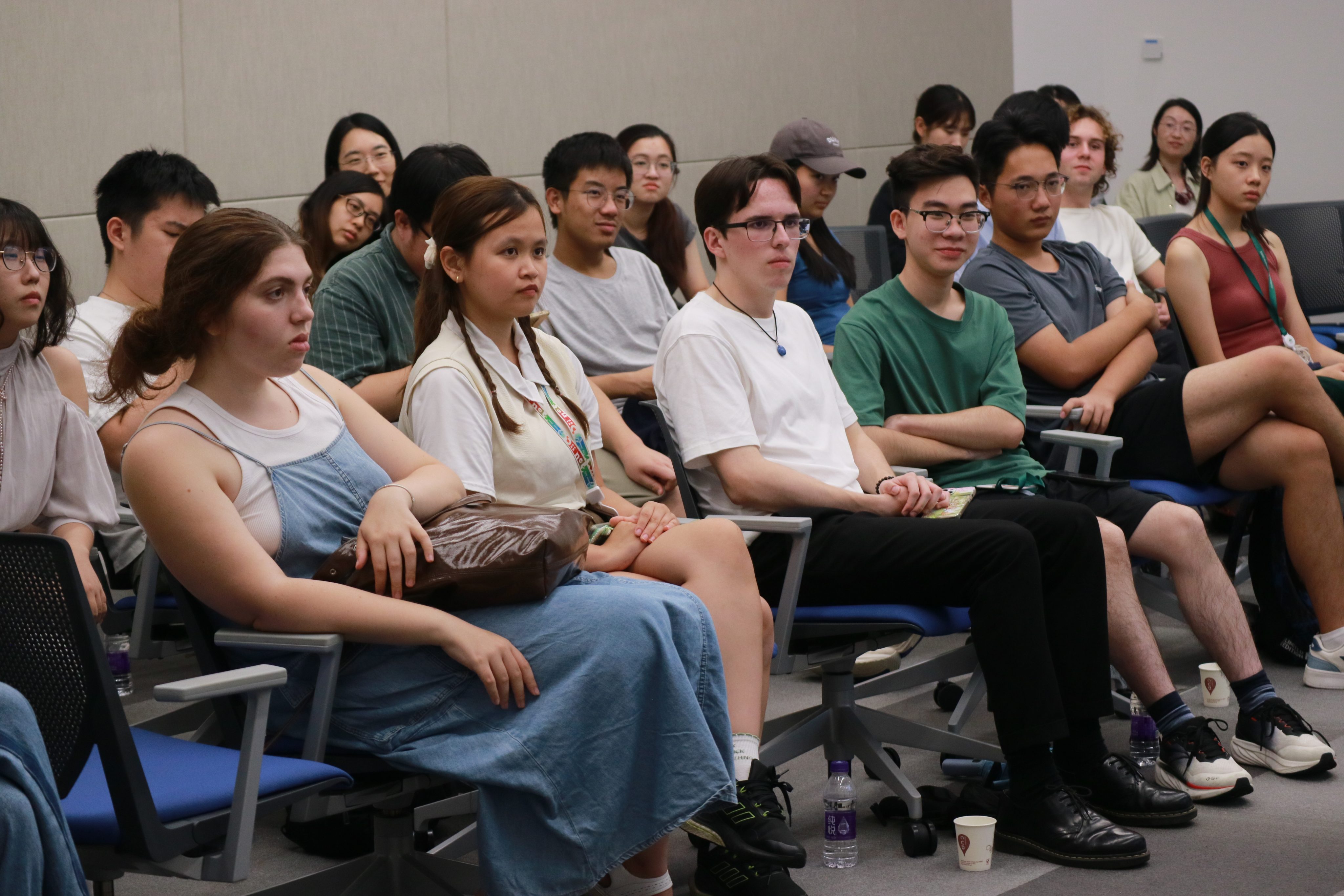
Written by Ruoning Feng
